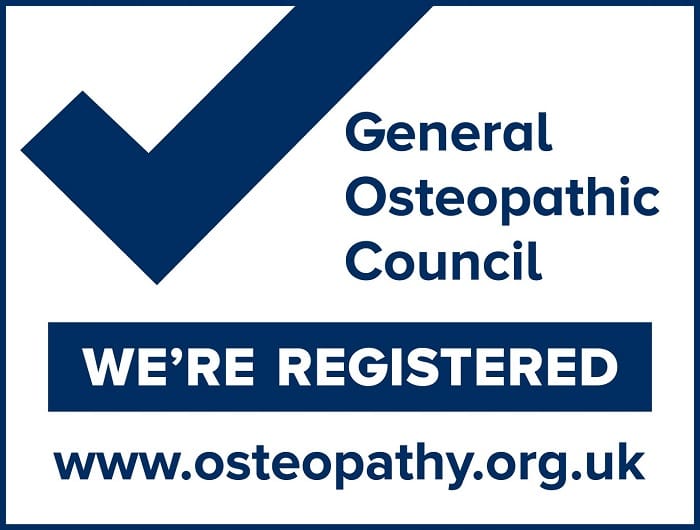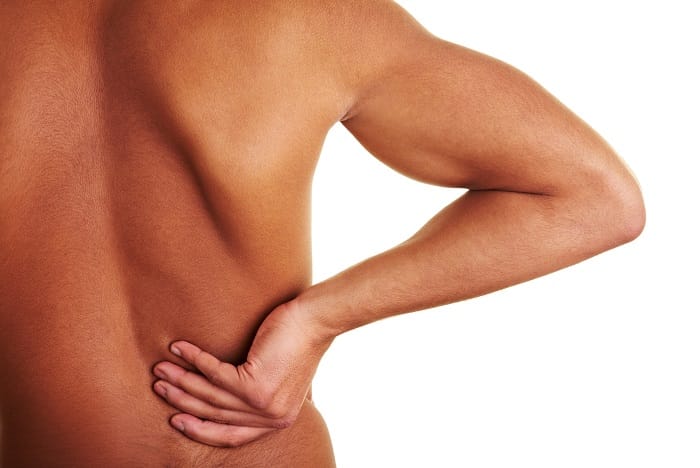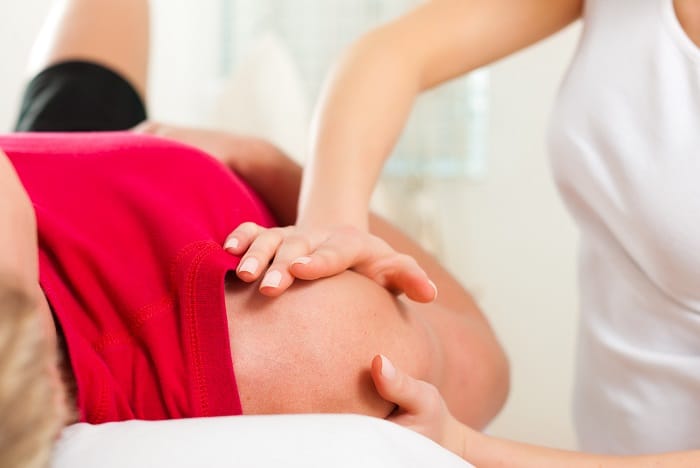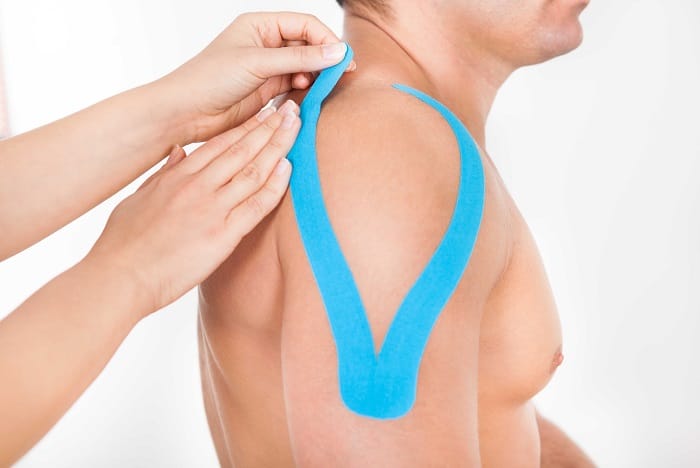Sport Injury Treatment
It is possible to have an accident and injure yourself at home or at work, but for those whom participate in sports, the intense activity levels and often combative interaction with equipment and other players puts them at greater risk of injury. Although it is possible to incur all manner of injuries whilst playing sports, the term sports injury usually refers to a musculoskeletal problem. This describes any damage received to the bones, muscles, tendons, ligaments and other connective tissue. Psychologically the effect of sports injuries can be very negative, as the injury prevents you participating in an activity you enjoy and may even knock you confidence. Effective structured treatment with planned progressive return to sports participation can help restore confidence along with physical ability, as part of a holistic rehabilitation approach.
Some of the common sports injuries that clients seek rehabilitation assistance with include;
- Sprains - Tears to the ligament tissue that connects bones together and keeps them moving only within the desired direction and range. They can range from micro tears resulting from repetitive strain to full ruptures, usually from single traumatic events.
- Strains - Micro tears often due to overstretch injuries affecting the muscles or the tendons that connect them to the bones.
- Fractures - They occur in the larger bones when they are exposed to intense sudden impacts, sometimes combined with sudden stopping or twisting. The smaller bones of the feet are at higher risk of overuse injury micro fractures, whereas the bones of the hand can easily be trapped by equipment or opponents clothing.
- Dislocations - When a joint, often the fingers of the hand, is hyperextended it may initially experience a sprain. This can destabilise the joint, increasing the risk of dislocation until it heals. Alternatively, if the pressure at the time of injury sufficiently damages the connective tissue of the joint, dislocation can happen immediately. The mechanism for injury is often similar to a fracture.
Many minor sporting injuries can be eased with the application of ice packs and complete rest immediately after the injury occurs. Elevating the injury can also help reduce swelling, along with appropriate use of a compression bandage. If you have suffered an injury and are unsure how severe it is, seeking assessment from your doctor or one of our therapists would be helpful. Our experienced therapists will take a detailed subjective history to understand how the injury occurred, before carrying out a thorough physical assessment to confirm which structures have been affected. If necessary you may be referred for an X-ray to confirm diagnosis.
Once the sports injury has been diagnosed our therapists will devise a personalised treatment plan to ensure the best possible recovery and return to functional activity and a gradual return to sports participation. Such treatments may include;
- Heat Therapies, including ice packs or heat packs to alleviate pain and reduce swelling.
- Soft Tissue massage, for pain relief and to reduce swelling.
- Electrotherapy to stimulate soft tissue healing.
- Activity modification advice to avoid re-injury, especially during healing.
- Stretching exercises to maintain and improve flexibility.
- Dexterity exercises for functional rehabilitation.
- Strength exercises to maintain function and improve stability.
- Personal exercise program to progressively return to normal activities.
- Advice about taping or splinting your injury.
If you would like more information about how Osteopathy or Physiotherapy can help treat Sports Injuries, or to book an appointment, please email us at nick@nickcastle.co.uk. or phone us on 0207 386 9777.
Have any questions, make an enquiry Enquire Now
I didn't actually choose to see Nick - I was sent to him by my exasperated personal trainer, and now I can't thank her enough! Five weeks before the London Marathon I developed a pain in one of my glutes and did what any self-respecting idiot would do - ran on it until it was so bad it hurt just to walk, and the months of training seemed like they'd been for nothing.
Nick is wonderful. He's very professional and thorough and he has a naturally calming manner that will put you at ease. He also clearly knows his stuff - in our first session he quickly identified my problem (piriformis) explained it in terms I could understand (!) and gave me exercises to speed up recovery.
I had three more sessions and they were well worth it. As well as treating the injury he also assessed my running style for any underlying issues and correctly identified previous injury sites. With his help I was able to quickly get back into training and, by some miracle, a week before the marathon I was pain free.
I joked that, as well as fixing my injury, I expected Nick to make me run faster. Well, maybe... Just maybe... The man's a magician! I'm delighted to say I ran a pb, clocked my first sub-3 hour marathon and came 46th out of all the ladies. Thank you Nick! I cannot recommend him enough.
- Ros P
A big thank you to Elaine (osteopath) at Nick Castle Osteopathy & Sports Medicine Clinics - after just 2 sessions she managed to work out some major aches and pains I'd been having daily, for over 6 months. I plan on seeing her on a regular basis to prevent any future problems. Thanks again!
- Priti S
I have had 2 sports massages with Nick, one in Kensington and one in Amersham. Nick is a very approachable therapist, who spends time building a picture of the type of sports you do and the injuries you have. I have found Nick's techniques to really help improve my performance.
- Jane B








